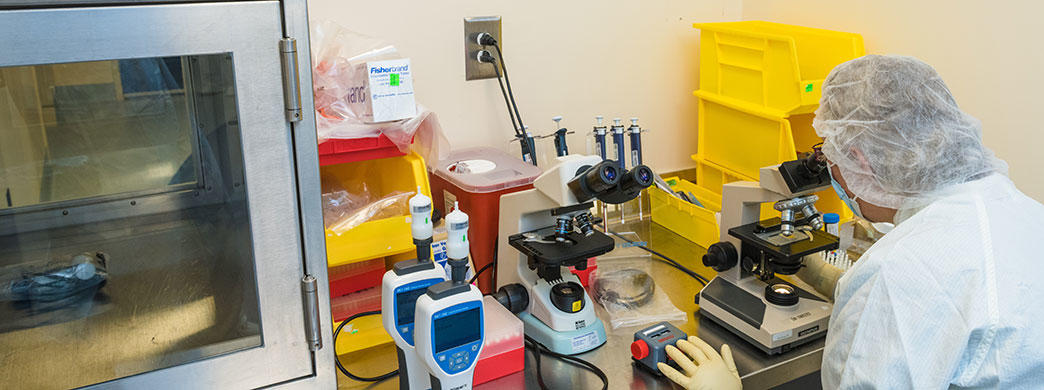Immunotherapy for Children

What is immunotherapy?
Immunotherapy is the treatment of disease by inducing, enhancing, or suppressing an immune response. Cancer immunotherapy attempts to stimulate the immune system to reject or destroy tumors. The efficacy of immunotherapy is enhanced by nearly 30 percent when combined with conventional cancer treatments.
What are the different types of cancer immunotherapy?
There are a wide variety of immunotherapies that work in different ways to either boost the body’s immune system or train the immune system to attack cancer cells, including:
- Monoclonal antibodies — man-made versions of immune system proteins that can be designed to specifically target certain antigens (substances that cause an immune response) such as ones found on cancer cells; often used to treat non-Hodgkin lymphoma and certain types of leukemia.
- Cancer vaccines (vaccine therapy) — substances put into the body that boost its native ability to protect itself against “foreign invaders,” including cancer. The substances may be antigens from cancer cells, genetic material that can produce a tumor antigen (DNA vaccine), or tumor cells engineered to start an immune response. Broadly speaking, there are two kinds of cancer vaccine therapies: preventive vaccines and treatment vaccines. Preventive vaccines stop cancer from developing in healthy people much the same as the flu vaccine thwarts influenza. Treatment vaccines delay or stop the cell growth that is a hallmark of cancer.
- Cellular therapies — treatments where a patient's white blood cells are stimulated outside the body to see and eliminate cancer cells and then returned to the patient. Examples include treatments where white blood cells from the patient are mixed with proteins from tumors or are modified through gene therapy to enhance their ability to find tumor cells.
- Interleukins — molecules that act as chemical signals to help immune system cells grow and divide more quickly. Interleukins are often used to treat kidney cancer or metastatic melanoma.
- Interferons – molecules that boost the ability of certain immune cells to attack and slow the growth of cancer cells. Interferons are often used to treat certain forms of leukemia and lymphoma.
- Granulocyte-macrophage colony-stimulating factor (GM-CSF) — a molecule that causes bone marrow to make more of certain types of immune and blood cells. GM-CSF is often used to boost white blood cell count after chemotherapy.
Cancer Immunotherapy at Dana-Farber/Boston Children's
CAR T-Cell Therapy
CAR T-cell therapy is a promising new treatment for some of the most challenging cases we face in pediatric leukemia and lymphoma. It is a form of immunotherapy and works by modifying the body's T-cells, a type of immune system cell that hunts and destroys abnormal cells, such as cancer cells.
Immunotherapy Clinical Trials
Dana-Farber/Boston Children's is a leader in innovative therapies, such as immunotherapy, for a wide range of conditions. Our physicians work continuously to translate laboratory findings into clinical therapies, including examining biological therapies that help the body’s immune system fight cancer and lessen the harmful side effects of some treatments. We are conducting clinical trials of monoclonal antibody therapy for recurrent or refractory high-risk neuroblastoma and for other advanced or refractory solid tumors.
Vaccine Therapy Clinical Trials
Dana-Farber/Boston Children's is also at the forefront of pediatric cancer vaccine therapy. We participate in numerous clinical trials and have access to a vigorous program of scientific discovery, preclinical vaccine development, and clinical investigation.
One of our vaccine therapy clinical trials targets neuroblastoma, a cancerous tumor that forms in nerve tissue of infants and young children. Through a collaboration with Penn State Hershey Medical Center, our physician/scientists have discovered in preclinical models that vaccine therapy can be successful in treating neuroblastoma and sarcoma. A phase I trial is currently underway to determine the vaccine’s safety and effectiveness in treating children with neuroblastoma and sarcomas.

 Translate
Translate